Google Scholar is a powerful tool for veterinary professionals seeking to stay at the forefront of their field. By providing access to a vast repository of scholarly articles, research papers, and conference proceedings, Google Scholar enables veterinarians to find relevant and high-quality research efficiently. In this article, we will explore how to effectively use Google Scholar to search for pertinent studies, evaluate the quality of research, access full-text articles, and integrate new findings into veterinary practice. By leveraging the wealth of information available through Google Scholar, veterinarians can ensure they are utilizing the most current and innovative treatments to keep their pets healthy and well-cared for.
Embark on a detailed exploration of this topic with dominure.com
1. Introduction to Google Scholar
Google Scholar is an essential resource for veterinary professionals who aim to stay informed about the latest advancements in their field. Launched by Google in 2004, this free search engine indexes the full text or metadata of scholarly literature across various formats and disciplines. It offers an expansive collection of articles, theses, books, conference papers, and patents from academic publishers, professional societies, online repositories, and universities.
For veterinarians, Google Scholar serves as a gateway to cutting-edge research and scientific studies that can inform best practices and innovative treatments. Its user-friendly interface allows users to search for specific topics, authors, or publications, making it easier to locate relevant research quickly. Advanced search features enable more precise queries, helping users filter results by publication date, relevance, or specific journals.
Moreover, Google Scholar provides citation metrics, which can help users gauge the impact and credibility of a particular study. By examining the number of citations an article has received, veterinarians can assess its influence within the scientific community. This is particularly valuable when determining the reliability and applicability of research findings to veterinary practice.
In essence, Google Scholar is a vital tool for veterinary professionals committed to continuous learning and improvement. By harnessing the power of this search engine, veterinarians can access a wealth of knowledge that supports evidence-based practices and enhances the quality of care they provide to their patients.

2. Searching for Relevant Research
Finding relevant research on Google Scholar is a straightforward process, yet it requires strategic searching to yield the most pertinent results. Start by entering specific keywords related to your topic of interest in the search bar. For instance, if you are researching advancements in canine arthritis treatments, you might use keywords like “canine arthritis treatment,” “veterinary advancements,” or “joint therapy in dogs.”
Utilize the advanced search options to refine your search further. These options allow you to filter results by author, publication, date range, and specific journals. This can help you focus on the most recent and relevant studies. Additionally, you can set up alerts for specific keywords, ensuring you receive notifications when new research is published.
Reviewing the abstracts and conclusions of search results quickly helps determine the relevance of each article. Pay attention to the number of citations an article has received, as this often indicates its impact and reliability within the scientific community. By using these strategies, you can efficiently locate high-quality research to inform your veterinary practice.
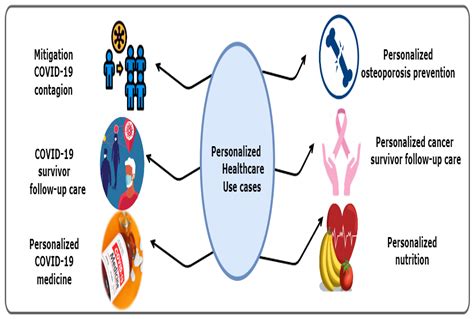
3. Evaluating Research Quality
Evaluating the quality of research found on Google Scholar is crucial for ensuring that the information you incorporate into your veterinary practice is reliable and credible. Start by examining the publication source. Reputable journals and academic institutions are generally more trustworthy. Look for peer-reviewed articles, as these have undergone rigorous scrutiny by experts in the field.
Assess the credentials of the authors. Researchers with advanced degrees and affiliations with respected institutions are typically more credible. The number of citations an article has received can also indicate its influence and reliability; highly cited works are often considered authoritative.
Pay attention to the study’s methodology. Well-designed studies with clear objectives, robust sample sizes, and appropriate controls are more likely to yield valid results. Review the findings and conclusions to ensure they are logically derived from the data presented.
Lastly, check for potential conflicts of interest. Research funded by organizations with vested interests may be biased. By critically evaluating these aspects, you can ensure the research you rely on is of high quality and applicable to your practice.
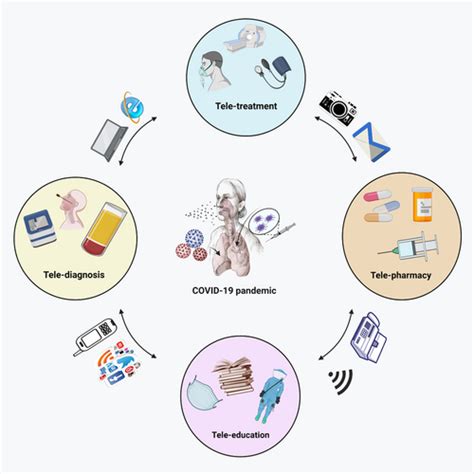
4. Accessing Full-Text Articles
Accessing full-text articles on Google Scholar can sometimes be challenging, but there are several strategies to ensure you obtain the complete studies you need. When you search for research, Google Scholar often provides links to various versions of the article. Look for links labeled “PDF” or “Full Text” to access the complete document directly. These links may be found on the right side of the search results.
If the full text is not available directly through Google Scholar, check if your institution has access to the article. Many universities and research institutions have subscriptions to academic journals, and you can access these resources through your institution’s library portal. Logging in with your institutional credentials might grant you access to otherwise restricted content.
Another option is to use interlibrary loan services, where your library can request the article from another institution on your behalf. This is particularly useful for accessing older or more obscure publications.
For articles not freely available, consider reaching out directly to the author. Many researchers are willing to share copies of their work if requested politely. Websites like ResearchGate or Academia.edu also allow researchers to share their publications and may provide another avenue to access full-text articles.
By utilizing these strategies, you can overcome access barriers and ensure you have the full research articles necessary for informed veterinary practice.
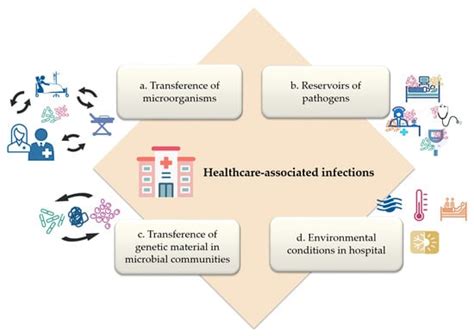
5. Integrating Research into Veterinary Practice
Integrating research into veterinary practice is essential for providing the highest standard of care. Once you’ve identified and accessed relevant, high-quality studies, the next step is to translate this knowledge into actionable strategies. Begin by thoroughly reading the research to understand its findings, methodologies, and implications.
Assess how the research can be applied to your practice. For instance, if a study highlights a new treatment protocol for feline diabetes, consider how you can incorporate these recommendations into your patient care plans. Discuss these findings with your colleagues and staff to ensure a collaborative approach to implementation.
Update your practice guidelines and protocols based on the new evidence. This might involve revising treatment plans, adjusting medication dosages, or incorporating new diagnostic tools. Ensure that all team members are trained and informed about these changes.
Monitor the outcomes of these new practices closely. Keep detailed records of patient responses and any side effects to evaluate the effectiveness of the new approaches. Regularly review the latest research to stay updated and continuously improve your practice.
By systematically integrating scholarly research into your veterinary practice, you can enhance the quality of care provided to your patients, stay at the forefront of veterinary medicine, and contribute to better health outcomes for animals.
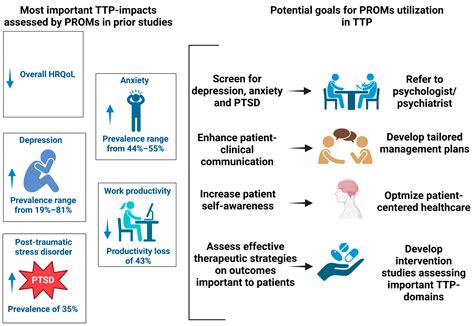
6. Staying Updated with New Research
Staying updated with new research is crucial for maintaining a cutting-edge veterinary practice. Google Scholar offers several features to help you keep abreast of the latest developments in your field. Set up email alerts for specific keywords or topics relevant to your practice. This way, you’ll receive notifications when new articles are published, ensuring you never miss important updates.
Regularly visit Google Scholar’s homepage to explore new research trends and popular papers in veterinary medicine. Make use of the “My Library” feature to save and organize articles for easy access and future reference.
Join professional networks and online communities such as ResearchGate, Academia.edu, or LinkedIn groups focused on veterinary science. These platforms often share the latest research, discussions, and expert opinions that can be valuable for your practice.
Attend conferences, webinars, and continuing education courses to stay informed about new research and advancements. Networking with peers and experts can provide additional insights and practical applications of the latest findings.
By actively engaging with these resources, you can ensure your knowledge remains current, enabling you to apply the most up-to-date research to improve patient care and outcomes.
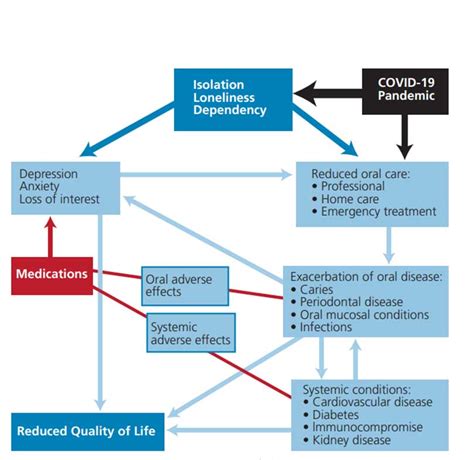
7. Challenges and Limitations
Despite its many benefits, using Google Scholar to access and apply research in veterinary medicine comes with several challenges and limitations. One major issue is the variability in access to full-text articles. While Google Scholar provides links to numerous publications, not all articles are freely available, and some may be behind paywalls or require subscriptions that your institution might not have.
Another challenge is the quality and reliability of the research found. Not all sources indexed by Google Scholar are peer-reviewed or published in reputable journals. Therefore, it is crucial to critically evaluate the credibility of each study, considering the publication source, author qualifications, and methodology used.
Additionally, Google Scholar’s search algorithms might not always yield the most relevant results. The search results can include a large volume of articles, some of which may not be directly applicable to your specific practice or current issues. This requires time and effort to sift through and find the most pertinent studies.
There is also the issue of staying updated with rapidly evolving research. Although Google Scholar alerts can help, the sheer volume of new publications may still make it challenging to keep pace with the latest advancements.
By being aware of these challenges and actively addressing them, you can more effectively utilize Google Scholar as a tool for enhancing your veterinary practice.
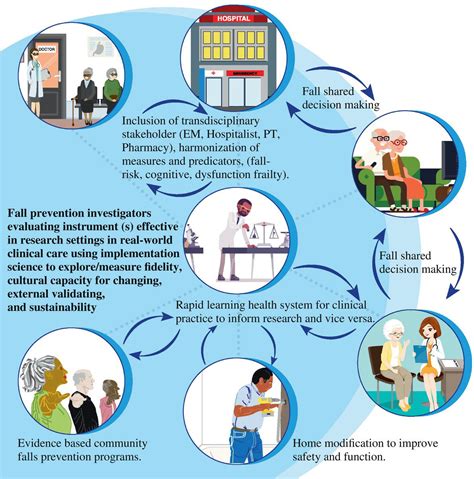
8. Conclusion
In conclusion, Google Scholar is a powerful tool for veterinary professionals seeking to enhance their practice through evidence-based research. By leveraging its extensive database of scholarly articles, veterinarians can access valuable insights into the latest advancements and best practices in their field. Effective use of Google Scholar involves not only searching for relevant studies but also critically evaluating their quality, accessing full-text articles, and integrating new findings into daily practice.
Staying updated with ongoing research and overcoming the challenges associated with access and relevance is crucial for maintaining a high standard of care. Utilizing features such as email alerts, professional networks, and continuing education can help keep your knowledge current and your practice at the forefront of veterinary medicine.
By embracing these strategies, you can harness the full potential of Google Scholar to improve patient outcomes, adopt innovative treatments, and contribute to the advancement of veterinary science. Staying informed and adaptable ensures that your practice benefits from the most current research and continues to provide exceptional care for your patients.
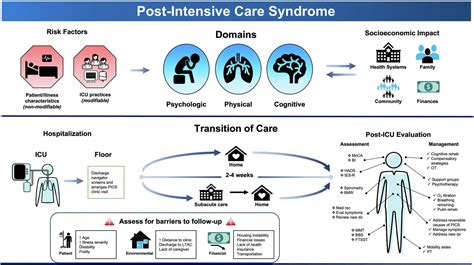
dominure.com

